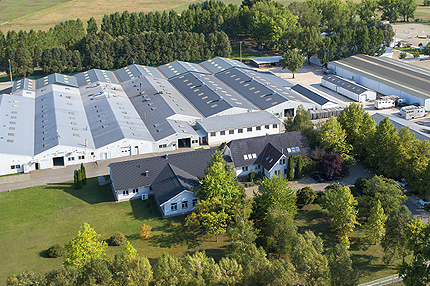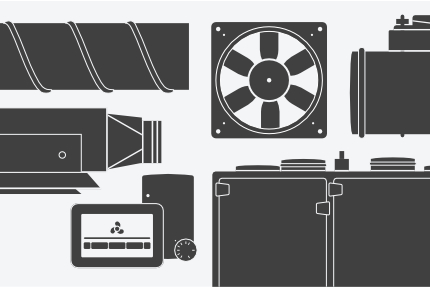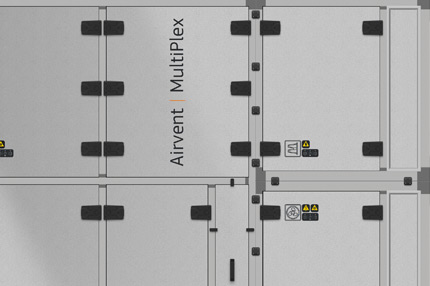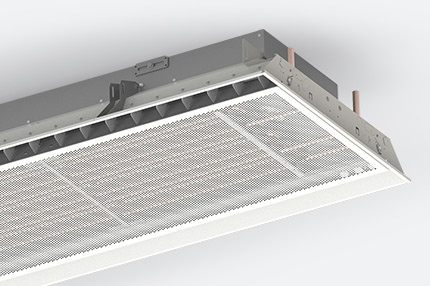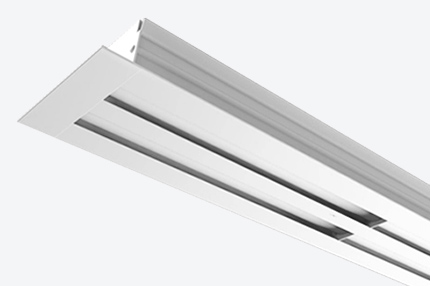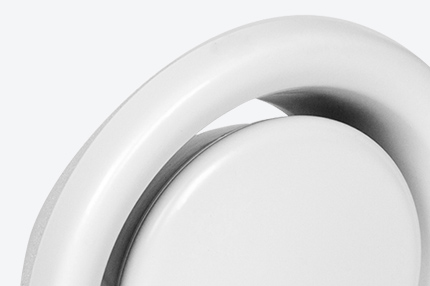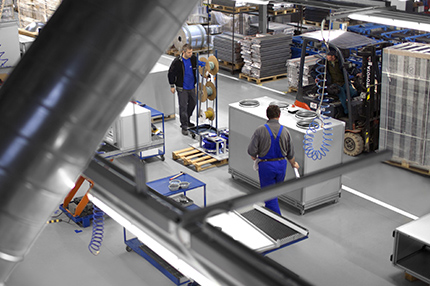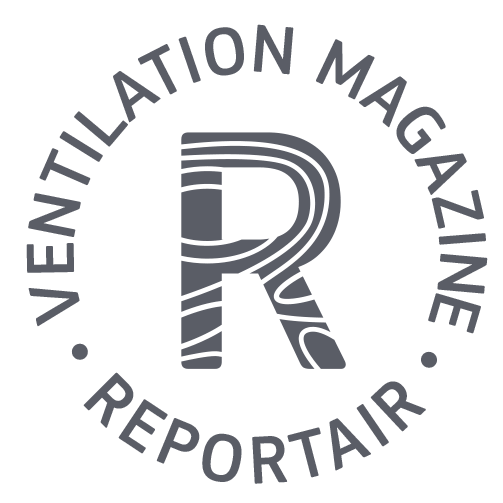By replacing the insulation material in the relevant part of our products, we can simultaneously ensure better, environmentally sustainable and hygienic ventilation systems, in addition to the materials’ outstanding acoustic dampening and thermal insulation characteristics. The use of the new insulation in our products has several advantages over glass and stone wool: its (un)practiced effect on health, its recyclability, as well as its benefits for the end users and for our colleagues involved in production.
The adoption of this recyclable insulation material allows us to make significant strides toward resource management and reducing our environmental impact. We view resource management not solely as a matter of cost efficiency but as an overarching objective to minimize our ecological footprint. Our long-term goal is to actively promote the use of reusable materials, thereby extending the life cycle of our products and maximizing sustainability.
Embedded within our core values is a commitment to evaluate and lead in environmental, social, and governance-related processes. We understand the profound influence our actions can have on the world around us. By continually assessing our impact, we ensure that our efforts remain aligned with our sustainability goals. This dedication extends beyond our products and processes, as we actively seek to drive positive change in the areas of environmental responsibility, social well-being, and effective governance.
The choice to utilize this recyclable insulation material reflects our proactive approach to sustainability. It enables us to minimize waste and actively contribute to a circular economy. By embracing materials that can be recycled and reused, we are actively reducing our environmental impact and taking steps toward building a more sustainable future.

